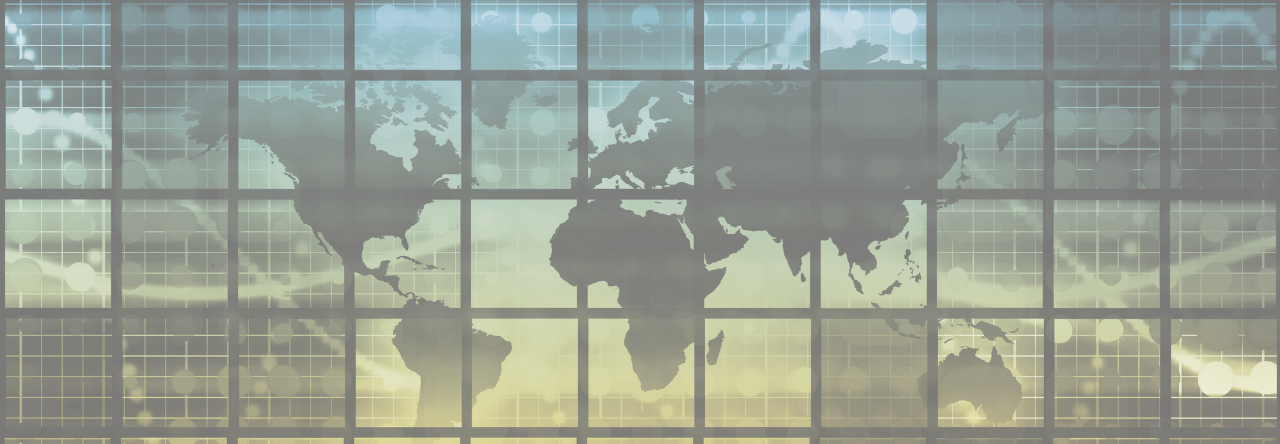This article is the English version of : Chantal Delsol, « Le crépuscule de l’universel », published in Politique étrangère, Vol. 84, Issue 1, 2019.

During the two centuries following the French Revolution, Western culture has claimed its status as upholder of universal values to justify its spread around the world. Our conquests were disguised as missions, in keeping with a long tradition – from Pericles bringing democracy to subject cities, through to Christians leading crusades in the name of Truth. A faith in human rights was the new gospel preached by its disciples. And the message was getting through. After Peter the Great’s Westernization of Russia by force, Japan and Turkey followed suit. Over two centuries, foreign cultures all became Westernized, more or less of their own will, and often laying claim to our principles and using our terminology.
All regimes, even autocratic ones, were keen to call themselves “democratic.” Western leaders, who toured the world to lecture on human rights, were frequently received in host countries with protestations of the countries’ excellent democratic credentials. The general feeling that there was some virtue attached to Western culture came from the idea of progress. Everyone wanted to be “modern.” History was even reinterpreted. Perhaps more out of diplomacy than conviction, the Chinese went so far as to claim around the time of the 1948 Universal Declaration of Human Rights that they had played a role in starting the eighteenth-century Enlightenment.
All this was true until the turn of the twenty-first century. For almost twenty years now, the Western message has been received differently. And on all continents: in China and many of its neighbors, in the majority of Islamic countries, and in Russia. What is new is that for the first time, we are confronted by foreign cultures that openly oppose our model, reject it with reasons, and justify a different type of society from ours. In other words, they dismiss the universality of the principles we sought to bring to the world and possibly see them as the results of an ideology. This rejection is new, not in its expression, but rather in its scale. It overturns the understanding of universalism we thought we upheld. It changes the geopolitical order. The ideological nature of the break is beyond all doubt: it is our individualism that is in question, and everything that comes with it.
Several points need to be made in order to gain a better understanding of this unprecedented situation. The cultural centers in question tend to put forward similar arguments to delegitimize the West. They question our role as a culture of emancipation and freedom; and their role, they say, is to defend communities, both small and large. One might say that in the face of the individualist West a huge holistic front has been opened up. Certainly, the bipolar world of the Cold War, which left a unipolar world after the fall of the Berlin Wall, has now become multipolar. But rather than seeing here a “clash of civilizations,” one should first attempt to ascertain the extent of the anti-Western movement that is being expressed everywhere and giving way to a new era. […]
Read the rest of the article here.
>>> More articles of Politique étrangère are available for reading
on Cairn International <<<


Vous devez être connecté pour poster un commentaire.